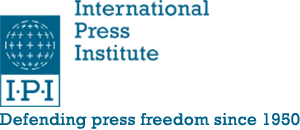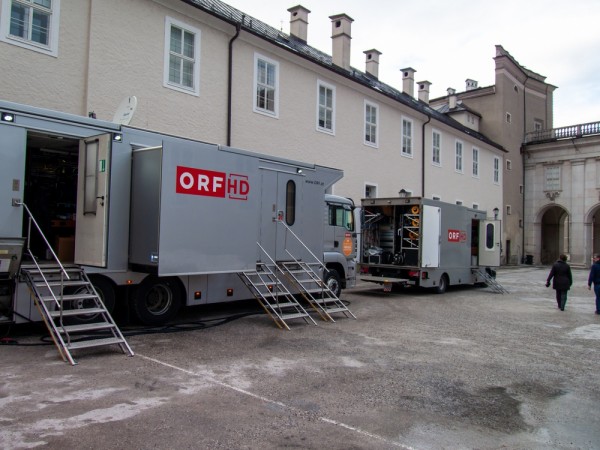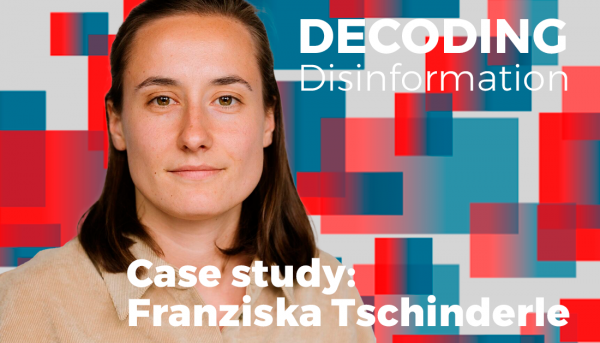[andererseits is one of the 15 newsrooms supported by IPI’s Transition Accelerator. You can find the original version of this article in German here.]
Launched in September 2022, andererseits is a community-focused magazine where people with and without disabilities collaborate on an equal footing while receiving fair compensation. They explain what they learned through participation in the Accelerator, and the mistakes which shaped their journey: The path to innovation involves learning from things that don’t work just as much as things that do, and here they explain three ‘mistakes’ that helped shape their journey’
Back in 2022 we already started to implement our community model and we now have a successful first year behind us: We published the film “The Donation Problem (Das Spenden Problem)”, which has been viewed by more than 50,000 people and has won several awards. We have showcased how crucial our journalism is.
Most importantly, we have over 800 supporters. And the community is our backbone!
I, Clara Porák, am a journalist and together with Lukas Burnar launched a GmbH and took over its management. How to launch a new media? I had no idea! But I wanted andererseits to exist, so I learned as much as I possibly could. And I did this mainly by making mistakes. Here are my most important learnings:
1. Not everything that works eventually pays off.
Our objective is to establish a stable media company centred around journalism created by and for the community. When we founded andererseits, we thought we needed new revenue streams apart from donations and subscriptions.
Collaborating with companies through event sponsorship could be one solution, and it was one we explored. But although such collaborations worked in practice, it was more time-consuming and therefore more expensive than we expected. It hardly brought any money into journalism – even if it worked. We changed our strategy and organized events in a different form, viewing them as opportunities to connect with the community rather than to bring in revenue.
We had a similar experience with selling merchandise: it worked, in the sense that it brought in money, but not enough to justify the effort needed.
Now, our rule is: andererseits is a media outlet. If we pursue other activities other than journalism, they should support our journalism. If they fail to do so, then we will choose to let them go, regardless of how appealing they might seem.
2. What your readers need from you is far more important than who they are!
One of my major tasks at andererseits is format development. When I started thinking about users and their desires, I asked myself: Where do they live? What are their professions? How old are they? Do they want to watch videos or read texts?
This is entirely the wrong approach for a media outlet like andererseits: In conversations with our readers, it became clear that whether they are 16 and living in a big city or 59 and from a village of 300 people, they do not come to andererseits because they want to read stories or watch videos.
They come to us for the perspective that is absent from the world of news media: that of people with disabilities. They will watch videos as long as they gain new perspectives from them. They will read texts if they broaden their perspective and they will – at least if things go very well – subscribe if it grants them even better access to that perspective.
Understanding that it’s about identifying and meeting needs has helped me to think more strategically about the journalistic products we offer and to create journalism that people truly need.
3. You have no idea what lies ahead
Many people told me: “You are launching a new media. It is going to be wild”. As a response, I would mostly nod and think to myself, “they are wrong, I will do just fine”.
That was utter nonsense. I had absolutely no idea what was coming my way. Building a new media outlet from scratch is much, much harder than I thought. It requires patience and perseverance. You experience successes and failures every week – every day. If I do not pay attention to my work, it puts me under constant pressure. And above all, the bigger and more successful the project is, the more challenging it becomes. And that is all fine!
However, I realized that I need support: the people in our team who I work for and who are critically examining what I do. People who are better at things than I am and can explain to me what we should do. People whom I can call when in tears and I can be sure they will say something wise. They remind me that this time is meant for making mistakes. That’s precisely what this is all about.
The Transition Accelerator is part of the Media Innovation Europe (MIE) project, co-funded by the European Commission. The programme is led by the International Press Institute, implemented in collaboration with Thomson Media, the Media Development Foundation and BIRN and is intended to empower media outlets as they navigate the digital transition, giving them journalistic tools and skills in diverse products and business structures in order to reach audiences and bring sustainability.


